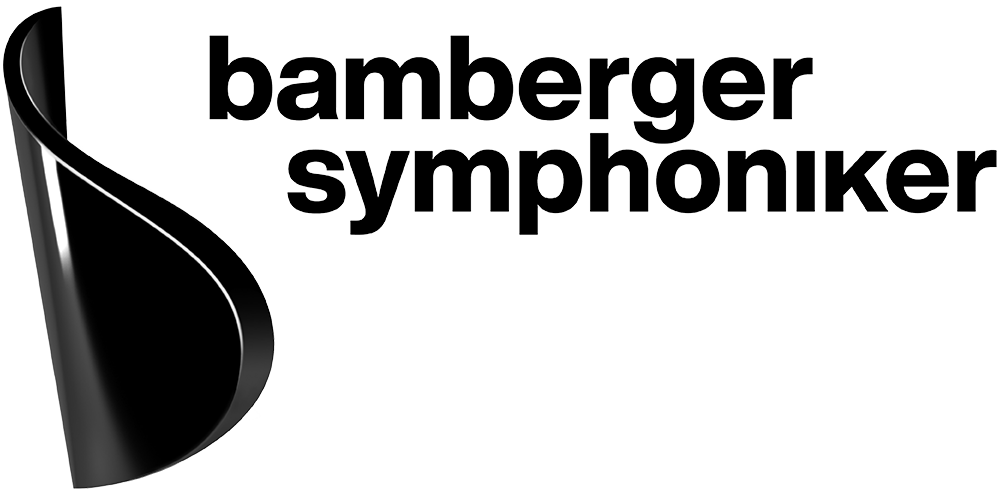Tickets
For concerts in Bamberg
Subscription and booking office
Lange Str. 30
96047 Bamberg
Phone: +49 951 993 910 99
ticket[at]bamberger-symphoniker.de
Opening hours
Mon-Sat 10.00-15.00
Download season brochure 25/26 here
Tickets
For concerts in Bamberg
Subscription and booking office
Lange Str. 30
96047 Bamberg
Phone: +49 951 993 910 99
ticket[at]bamberger-symphoniker.de
Opening hours
Mon-Sat 10.00-15.00
Download season brochure 25/26 here

